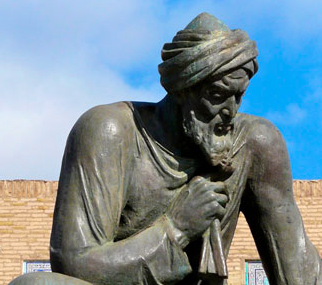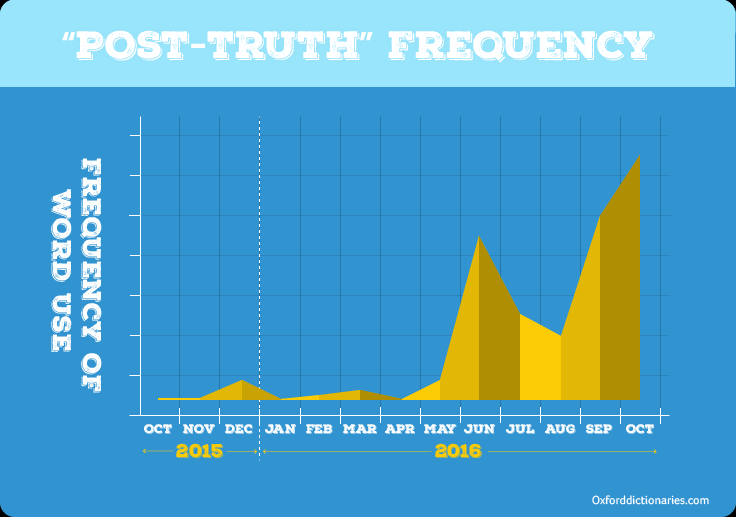
Muhammad ibn Musa al-Khwarizmi (see also here)
… was a Persian mathematician, astronomer, and geographer during the Abbasid Caliphate, a scholar in the House of Wisdom in Baghdad.
In the 12th century, Latin translations of his work on the Indian numerals introduced the decimal positional number system to the Western world. Al-Khwārizmī's The Compendious Book on Calculation by Completion and Balancing presented the first systematic solution of linear and quadratic equations in Arabic. He is often considered one of the fathers of algebra. He revised Ptolemy's Geography and wrote on astronomy and astrology.
Some words reflect the importance of al-Khwārizmī's contributions to mathematics. "Algebra" is derived from al-jabr, one of the two operations he used to solve quadratic equations. Algorism and algorithm stem from Algoritmi, the Latin form of his name.
Al-Khwarizmi flourished in the early 9th century A.D., but algorithms — step-by-step procedures for solving problems by well-defined rules — have been around for a lot longer, e.g. Euclid's algorithm for computing the greatest common divisor of two numbers.
I bring this up because of a lexical change in progress, whereby algorithm is apparently being redefined to mean something like "one of the mysterious and scary AI programs that are invading our lives". At least that's the meaning implicit in the BBC World Service program "Algorithms: Should We Worry?" —
Artificial intelligence is taking over everything from medical diagnosis to legal due process. Rob Young asks if the lack of transparency and risk of error are causes for concern.
Plus, Iran! Also, Arabic!
Read the rest of this entry »

